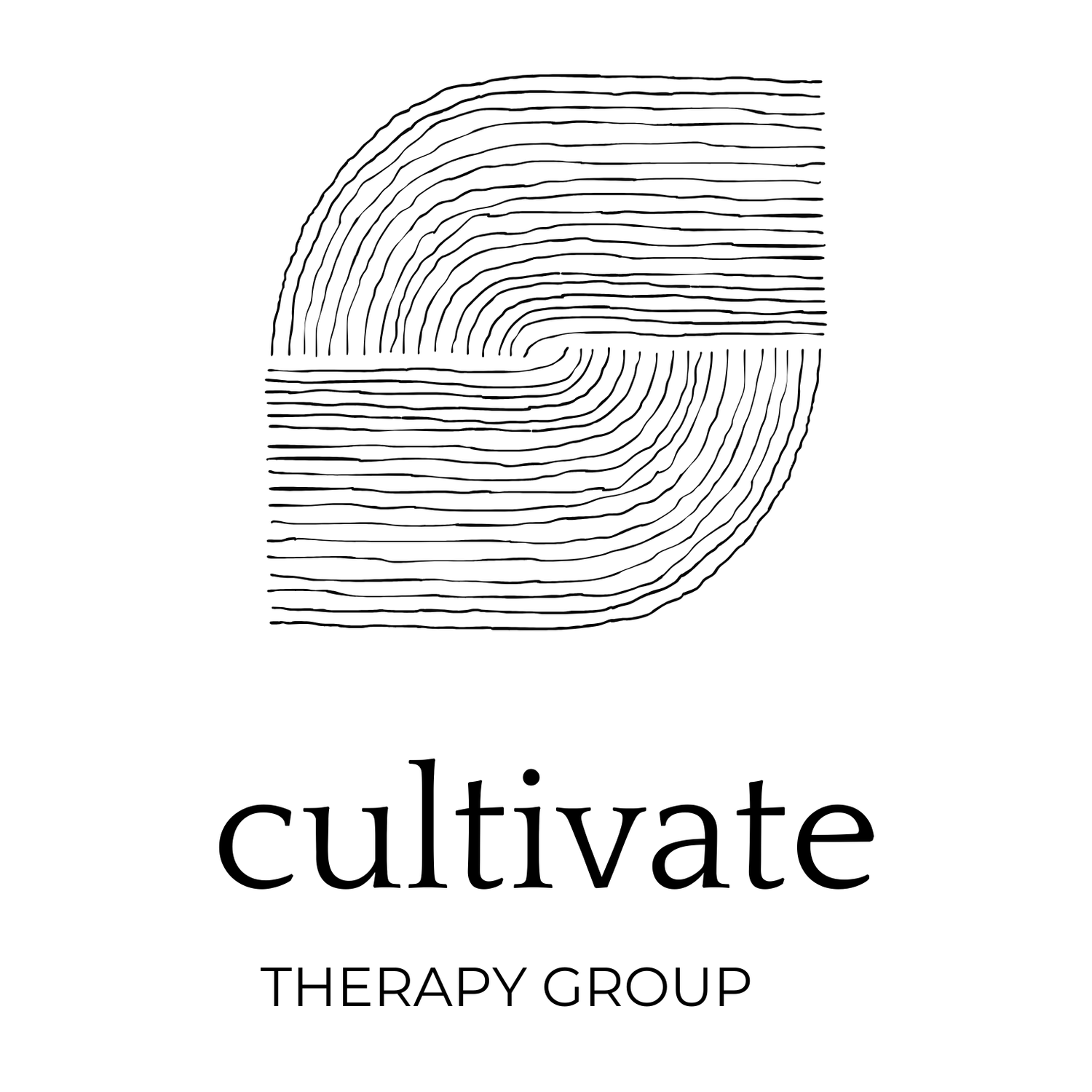So...you're a Christian Counselor?
A lot of my clients are actively seeking a Christian counselor as an important factor of how to find a therapist. I’m quite familiar & comfortable integrating faith into therapy for clients who want it. I completed my undergraduate and graduate training at Christian institutions, I worked for four years at Community Presbyterian Counseling Center (CPCC) in San Ramon. When I worked at CPCC, we often got questions from clients like "Presbyterian? Do I have to be a Christian to come here? Are you going to use the Bible in session?" The root of these questions is about how faith plays a role, or doesn’t, in professional counseling. You may have even wondered the same. Here are a few answers to common questions:
What is Christian counseling?
Christian therapists may answer this question differently from practice to practice. I answer that I am a therapist who is also a Christian, whereas other therapists will advertise themselves as Christian therapists. These answers likely impact the type of integration of faith into sessions. I believe that good, evidenced based mental health care can be an extension of God's healing hand toward spiritual, emotional, and relational wholeness. The desire to integrate faith into the therapy room, or not, is always exclusively the client’s. I will always respect the values, worldview, and beliefs my clients bring into counseling.
Is Christian Counseling the same as Biblical counseling?
No. Biblical counseling is typically provided by lay counselors or pastoral counselors and is generally aimed at understanding the challenges of life solely through what is written in the Bible. Though some biblical or pastoral counselors may have advanced training or certifications, it is not generally regulated through a licensing board nor does it require advanced degrees. Biblical counseling does not always take into consideration what we know about mental health from research. My undergraduate and graduate training is in psychology and marriage and family therapy; though my education took place in Christian institutions, I am not a pastor. If you are looking for a Biblical counselor, I am not be the best fit for you.
Do I have to be a Christian to see you for therapy?
Absolutely not. I see clients of all faith backgrounds and clients without any religious association. Some clients come to me for therapy because a shared Christian faith feels comforting. Many clients walk through the doors because they found me online and I’m a good fit for what they’re looking for. In practical terms, therapy sessions between these two groups of clients may be indistinguishable.
How will faith be part of therapy?
The decision to integrate faith into therapy, or not, is exclusively the decision of the client. We all walk through life with a worldview lens, which may include religion. We may explore the ways your worldview affects your experiences or find ways to help you live more congruently with your values. If faith is part of your worldview, this may come into sessions. Some clients appreciate the understanding of a shared faith background, and desire no further explicit conversations of faith in sessions from week to week. Other clients explicitly do not want faith to be discussed in session. Still others request elements of faith to be included on occasion in counseling sessions. I will follow your preference and level of comfort.
Do the counselors use the Bible or pray during sessions?
Praying, using the Bible, or other spiritual practices are sometimes requested from clients of faith. If these elements are included, it is always after a discussion of comfortability with the client’s expressed faith, and not intended as an influence from the counselor’s values. Similarly, prayer or Scripture may only be used if it supports the overall goals of well-being and mental health of the client, which may be discussed between therapist and client. With my personal therapy style, I occasionally reference elements of faith if it aligns with our therapy goals and your expression of faith.
If you have more questions about how faith and counseling interact, please contact me.

